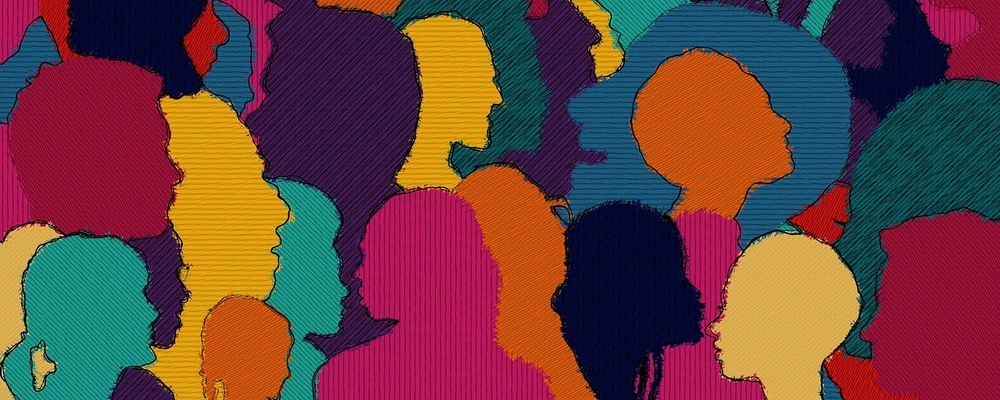Pauline Rasset (MC, LP3C, Université Rennes 2, ancienne doctorante LPCN), Benoît Montalan (MC, CRFDP, Université de Rouen Normandie) et Jessica Mange (MC HDR, LPCN, Université de Caen) ont publié un nouvel article.
Rasset, P., Montalan, B., Mange, J. (2023). Only human after all? a pre-registered study on gaze behavior and humanity attributions to people with facial difference. PLoS ONE, 18(12). https://doi.org/10.1371/journal.pone.0295617
Abstract
There is a great deal of indirect evidence suggesting that people with facial difference (FD) may be dehumanized. This research aimed to provide direct evidence of the dehumanization of people with FD based on the stigmatizing reactions they elicit. More precisely, previous findings revealed that the specific way people with FD are looked upon is related to the feelings of disgust they elicit. Since disgust fosters dehumanization, our aim was to confirm the modified pattern of visual attention towards people with FD and to determine whether it was also related to humanness perception. For that purpose, a preregistered eye-tracking study (N = 97) using a former experimental design extended to humanity attributions was conducted. This research replicates findings showing that the face of people with FD is explored differently in comparison with other human faces. However, the hypothesis that people with FD were given fewer humanity attributions was not supported. Therefore, the hypothesis of a « dehumanizing gaze » towards people with FD–beyond humanity-related attributions–is discussed in light of these findings.
Il est consultable via ce lien : https://journals.plos.org/plosone/article?id=10.1371/journal.pone.0295617
Celui-ci a été publié dans la revue PLoS ONE (IF: 3.7), cette revue est éditée quotidiennement par la Public Library of Science et diffusée exclusivement en ligne. Elle couvre tous les domaines de la science sans distinction.
Jessica Mange est enseignante-chercheuse au LPCN, elle s’intéresse, notamment, aux déterminants et à la prévention de la dépendance et à la prévention de la stigmatisation et de la déshumanisation.







